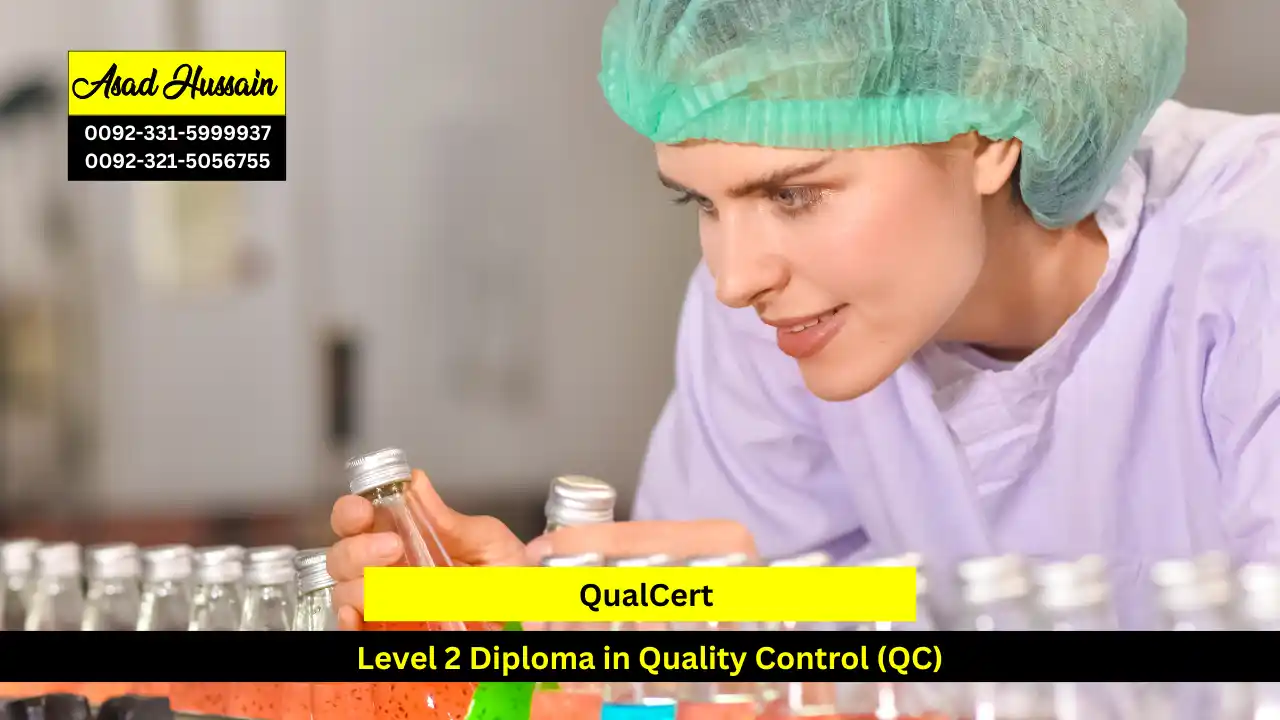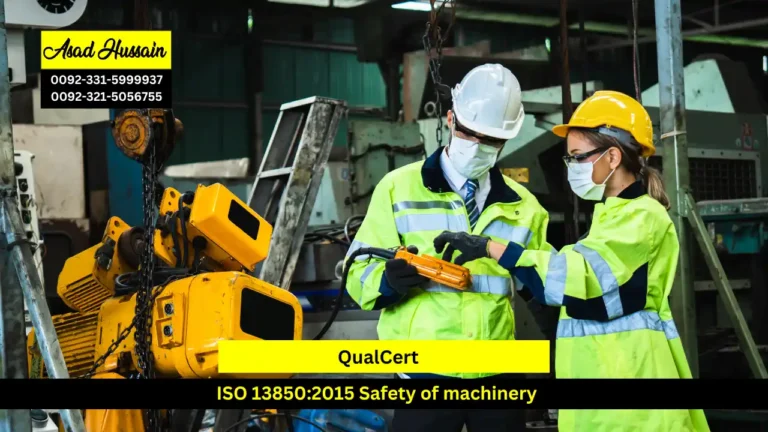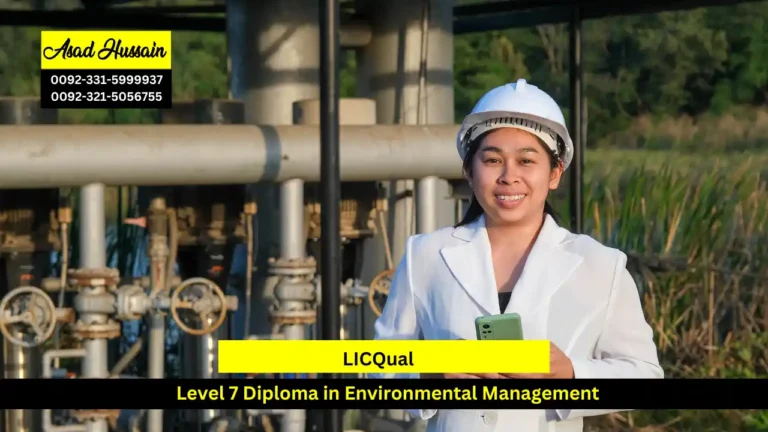In today’s competitive marketplace, ensuring the highest standards of quality is paramount for any organization aiming to thrive and grow. The Level 2 Diploma in Quality Control (QC) stands as a pivotal qualification designed to equip professionals with the essential skills and knowledge needed to uphold and improve quality standards across various industries.
The Level 2 Diploma in Quality Control (QC) is a comprehensive program that provides a solid foundation in the principles and practices of quality control. Whether you’re looking to start a career in manufacturing, healthcare, hospitality, or any other sector where quality assurance is critical, this diploma offers a structured pathway to understanding the fundamentals.
In conclusion, the Level 2 Diploma in Quality Control (QC) is more than just a qualification—it’s a gateway to becoming an integral part of an organization’s success by ensuring that products and services meet or exceed customer expectations. Whether you’re starting your career or seeking to enhance your skills, this diploma equips you with the expertise needed to thrive in the dynamic field of quality control.
Are you ready to take the next step towards achieving excellence in quality control? Explore the opportunities offered by the Level 2 Diploma and embark on a rewarding journey towards a successful career in quality management.
Program Highlights
Mandatory Units
- Module 1: Advanced Quality Control Principles
- Module 2: Quality Control Tools and Techniques
- Module 3: Quality Standards and Regulations
- Module 4: Advanced Inspection and Testing Methods
- Module 5: Quality Management Systems (QMS) and Six Sigma
- Module 6: Statistical Analysis in Quality Control
- Module 7: Quality Control Documentation and Reporting
- Module 8: Safety Integration and Risk Management
- Module 9: Leadership in Quality Control
- Module 10: Capstone Project
- Educational Background: Typically, participants should have a high school diploma or its equivalent (such as a GED). Some programs may require a minimum level of education, such as completion of secondary education, to ensure participants have basic academic skills.
- Language Proficiency: Proficiency in the language of instruction (usually English) is essential to comprehend complex course materials, actively participate in discussions, and complete written assignments.
- Age Requirement: Participants must be at least 18 years of age to enroll in this course.
- Industry Experience: While not always required, some programs may prefer or recommend that participants have some prior industry experience related to the field they intend to study. This can provide valuable context for understanding quality control principles.
- Level 1 QC Diploma (Recommended): While not mandatory, completion of a Level 1 QC diploma or equivalent foundational training is highly recommended.
Advanced Quality Control Principles
- Understand advanced concepts and principles of quality control.
- Apply advanced quality control methods to improve product or service quality.
- Evaluate the impact of advanced quality control principles on organizational processes and outcomes.
Quality Control Tools and Techniques
- Identify and utilize various quality control tools and techniques effectively.
- Analyze data using quality control tools such as Pareto charts, cause-and-effect diagrams, and control charts.
- Apply quality control tools to monitor and improve processes.
Quality Standards and Regulations
- Interpret and apply relevant quality standards and regulations in different industries.
- Analyze the implications of non-compliance with quality standards and regulations.
- Develop strategies to ensure organizational compliance with quality standards and regulations.
Advanced Inspection and Testing Methods
- Evaluate advanced inspection and testing methods for product or service quality assurance.
- Implement advanced inspection and testing methods to detect defects and deviations.
- Optimize inspection and testing processes for efficiency and effectiveness.
Quality Management Systems (QMS) and Six Sigma
- Analyze the components and benefits of Quality Management Systems (QMS).
- Apply Six Sigma methodologies and tools to achieve process improvement and waste reduction.
- Develop strategies for integrating QMS and Six Sigma principles into organizational practices.
Statistical Analysis in Quality Control
- Apply statistical methods and tools to analyze quality control data.
- Interpret statistical analysis results to make informed decisions about quality improvements.
- Use statistical techniques to predict and prevent quality issues.
Quality Control Documentation and Reporting
- Create and maintain quality control documentation and records.
- Develop effective reporting mechanisms to communicate quality control outcomes.
- Evaluate the effectiveness of documentation and reporting systems for continuous improvement.
Safety Integration and Risk Management
- Integrate safety principles and practices into quality control processes.
- Identify and assess risks related to quality control activities.
- Develop risk management strategies to mitigate quality-related risks.
Leadership in Quality Control
- Demonstrate leadership qualities and skills in quality control contexts.
- Foster a culture of quality and continuous improvement within the organization.
- Collaborate with stakeholders to achieve quality control objectives.
Capstone Project
- Apply knowledge and skills acquired throughout the diploma program to a real-world quality control project.
- Demonstrate competence in planning, executing, and evaluating a quality control initiative.
- Present findings and recommendations from the capstone project effectively.
The Level 2 Diploma in Quality Control (QC) is tailored for individuals aspiring to excel in ensuring and enhancing product or service quality across various industries. This course is ideal for recent graduates looking to establish a career in quality assurance, as well as professionals seeking to deepen their understanding of advanced quality control principles and methodologies. It is also suited for quality control technicians, inspectors, and managers aiming to sharpen their skills in implementing and managing quality management systems (QMS) effectively. Whether you are starting your career journey or aiming to advance in your current role, this diploma equips you with the knowledge and practical skills needed to meet the rigorous demands of quality control in today’s competitive business environment.







